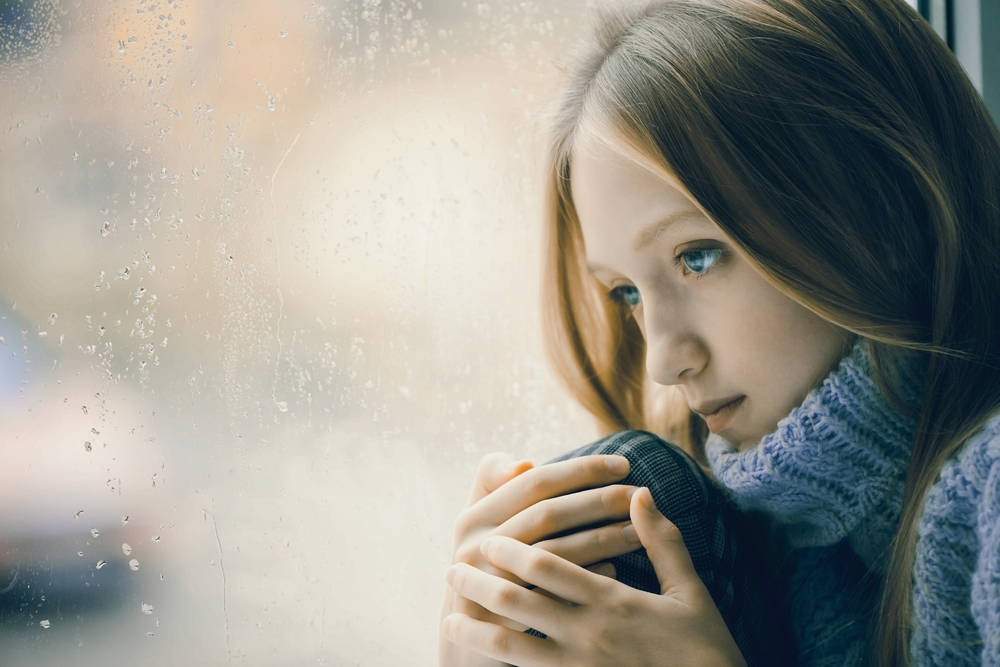Winter … it’s almost here! And along with it are the dark nights. It’s well known that the onset of autumn and winter can affect individual moods, and the government have previously recommended taking a vitamin D supplement, which can help with healthy cell and bone growth and vitality and energy. Read more about seasonal affective disorder (SAD)…

What is seasonal affective disorder?
The definition of seasonal affective disorder, otherwise known as SAD, is: “depression associated with late autumn and winter and thought to be caused by lack of light”. It’s said to occur when your body’s internal clock and your brain and body’s chemicals all change.
According to research carried out by the NHS, one in 15 British citizens are affected by SAD between September and April. The most common age group to suffer from SAD is those between 18 and 30 years old, with females the most likely to be affected, but it can begin at any age and to any gender.
The effects?
The most common symptoms to look out for in yourself and your teens are:
- Being lethargic
- Sleep issues – normally oversleeping and struggling to stay awake
- Depression
- Overeating – particularly carbohydrates and sweet foods
- Social issues, including withdrawal from social situations
- Loss of motivation
- Increased anxiety
- A persistent low mood
- Weakened immune system
- Lack of interest in activities which were previously enjoyable

Young people and SAD
Children that have SAD will become more worn out —look out for their school work slipping and whether they become less likely to play. Remember, your child may not be able to realise they have this condition or tell you how they are feeling.
If your child has quite a few symptoms listed above, you are best advised to schedule an appointment with your doctor according to vitamin D3 suppliers, Pharma Nord. This way, they will be able to thoroughly check your child over and rule out any other possible reasons for the symptoms they are experiencing. The National Institute for Health and Care Excellence recommends that the condition should receive the same treatment as other types of depression.
You must understand that this is not at the fault of your child and is most definitely not a behavioural problem, but a brain chemistry issue. It’s important you are supportive and non-judgmental to aid recovery. Taking a little more time with them so they feel loved as well as being patient with them is also important to the treatment, as is eating healthy and maintaining a regular sleep pattern. By looking after their lifestyle habits, you will cut their stress levels which will help to ease the pressure faced from SAD.

Light therapy is often recommended for those over 18, but it’s not recommended for children as it can cause additional headaches. Instead, try to ensure that your children are outside in natural sunlight when possible. If your child is put on antidepressants, make sure you are vigilant for any changes in behaviour and keep in regular contact with your doctor.
Vitamin D3 supplements could be a good alternative. Research in the area of vitamin D and depression is rapidly growing, with some studies highlighting a potential link between the two. Vitamin D is vital for general health including immunity, muscle function and bone density.
“Take their symptoms seriously. If your child has been diagnosed with SAD, talk about their feelings as they let you, and remind them that even though things may seem impossible right now, things will be better in the spring” commended paediatrician Dr Cindy Gellner on the issue.
Always monitor the temperature too — especially when you have children. Remember, as is the case for many issues, with SAD in kids, if in doubt check it out.
Sources
https://healthcare.utah.edu/the-scope/shows.php?shows=0_drtopkx9
https://www.mentalhealth.org.uk/a-to-z/s/seasonal-affective-disorder-sad
https://www.nhs.uk/conditions/seasonal-affective-disorder-sad/
https://www.nhs.uk/conditions/seasonal-affective-disorder-sad/treatment/

